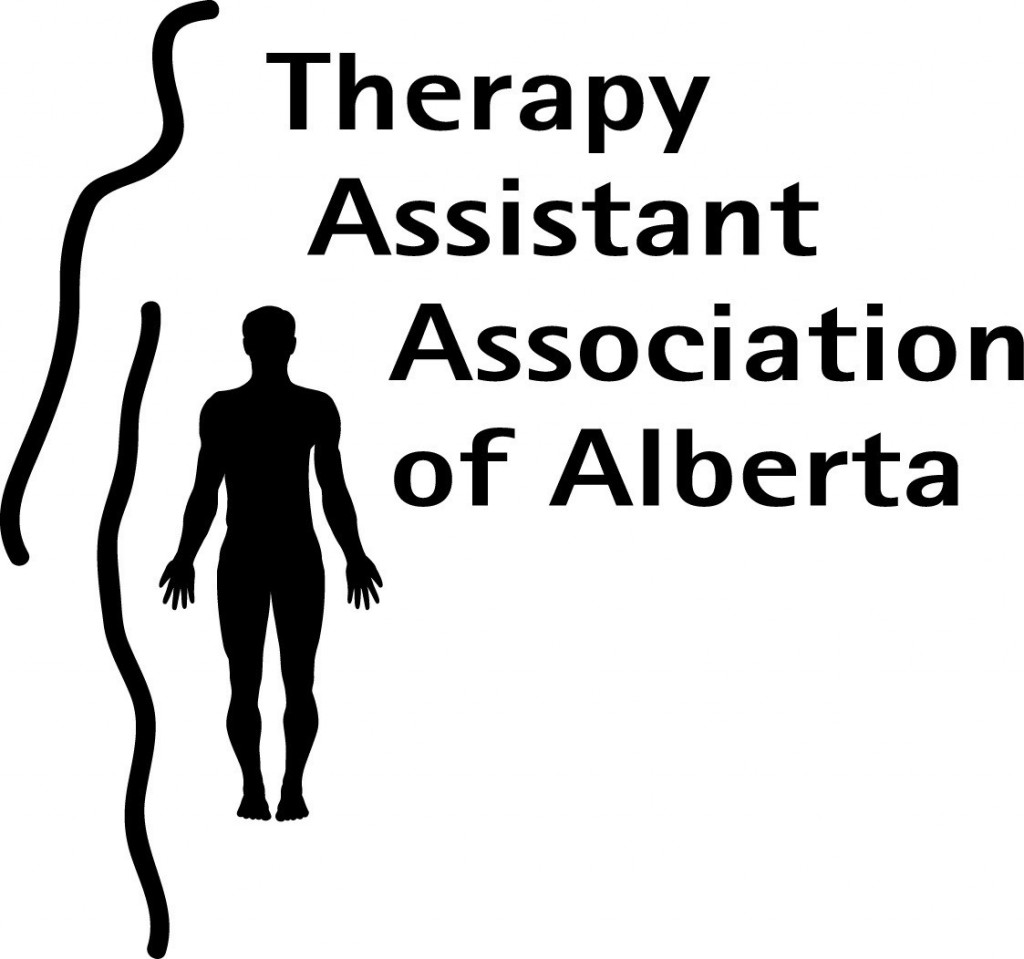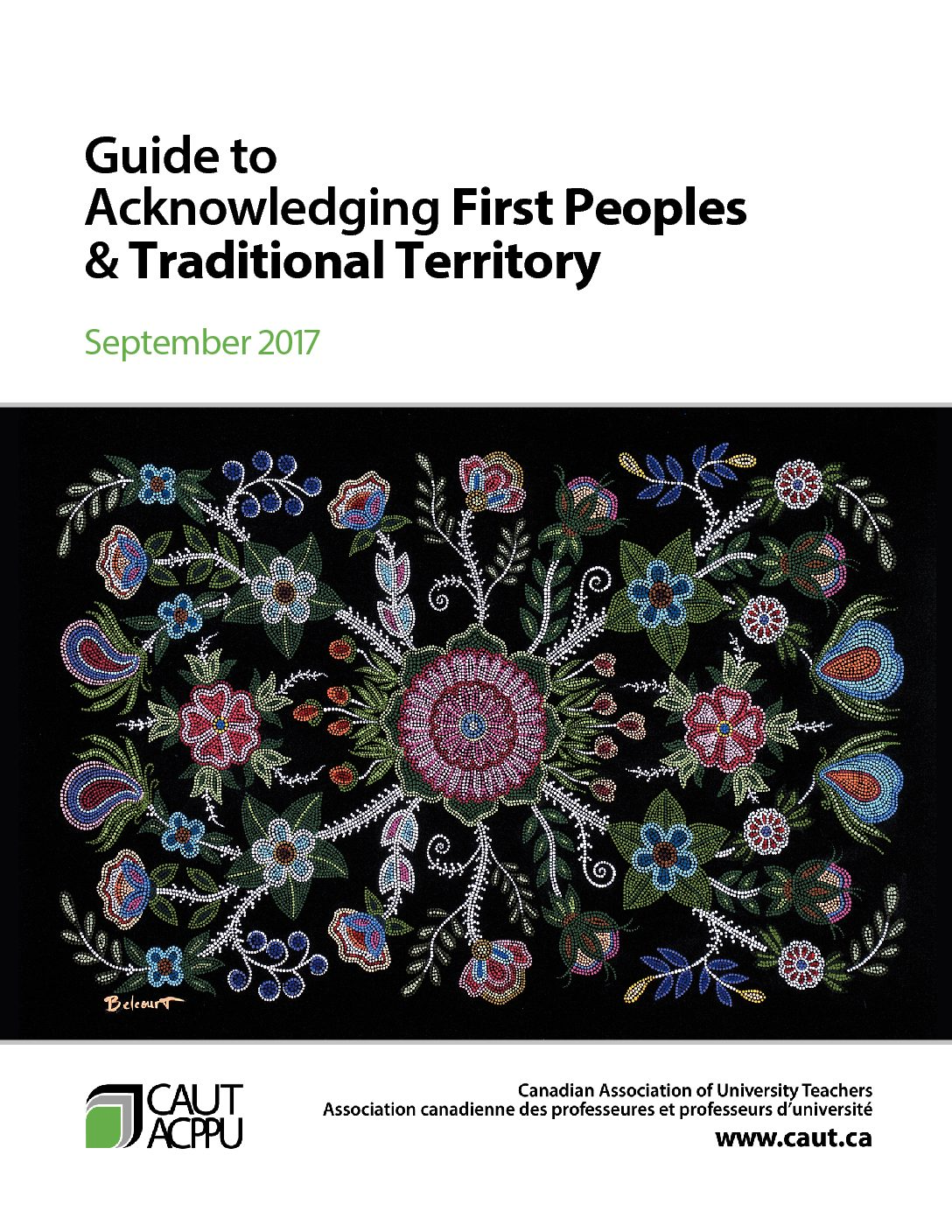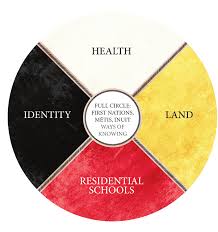The Therapy Assistant Association of Alberta (ThAAA) is a voluntary association that provides a place for Therapy Assistants in Alberta, as well as other provinces and territories, to come to for learning about professional development and employment opportunities, as well as to become informed on current developments in TA disciplines, both in Alberta and Canada-wide.
What’s New for Therapy Assistants?
In Alberta, there are 46 First Nations Peoples who live in one or three treaty areas. There are a total of 140 reserves equalling a land-space of around 812, 771 hectares. There are three treaty areas (6,7 & 8) in Alberta with treaty 4 covering a small portion of southeastern Alberta.
The most commonly spoken First Nations languages are Kainai (Blackfoot); Cree; Chipewyan; Dene; Sarcee; and Stoney (Nakoda Sioux).
As an Association located in Alberta, the Therapy Assistant Association of Alberta is conscious of both the history and cultures of the First Nations’ People who called this land “home” long before becoming part of present-day Canada. The Association also recognizes and respects the contributions and sacrifices made by Canada’s First Nations’ People.




